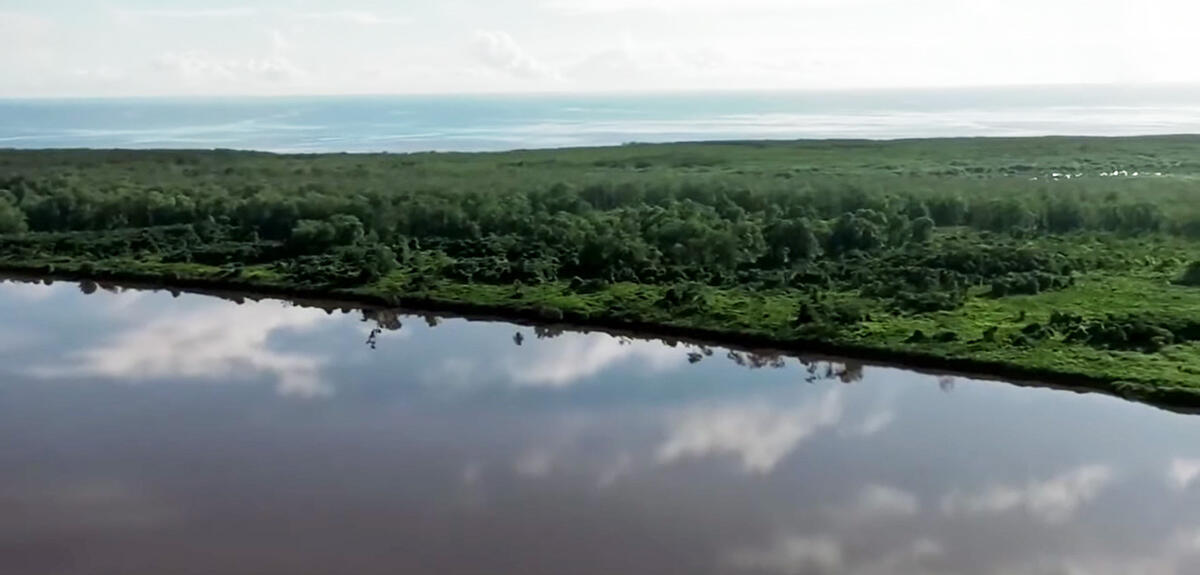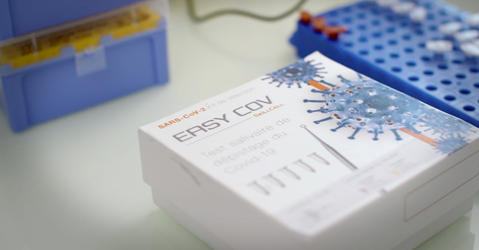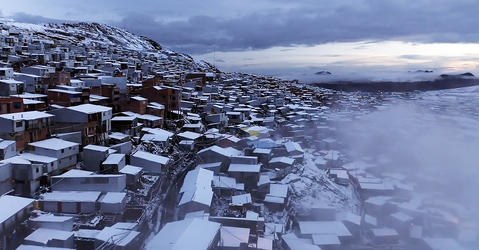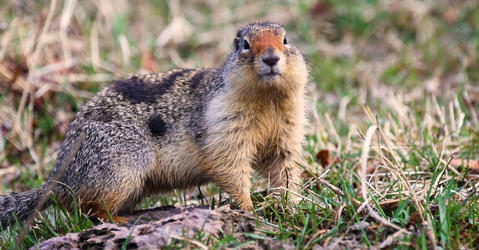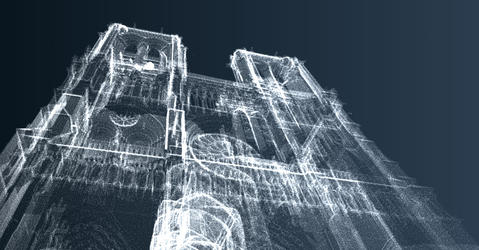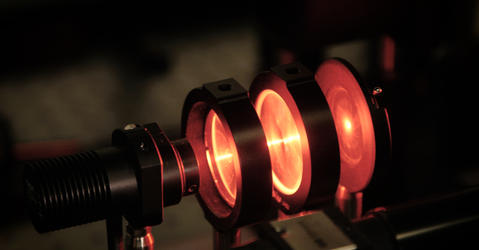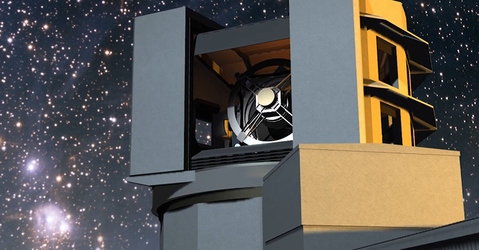You are here
Videos
Each year, some 40 billion tonnes of CO₂, one of the main greenhouse gases, are released into the atmosphere. A significant proportion of these is captured by the oceans, vegetation and the soil. The CNRS scientists are trying to better understand these natural carbon sinks, predict their evolution and also increase their storage capacity, or even envisage artificial sinks.
Recent Videos
Scientists have developed an easy and cheap solution to Covid-19 testing. The saliva-based test EasyCov can be done anywhere, and provides accurate results in under an hour.
At an altitude of 5,300 metres, the city of la Rinconada, Peru, is the highest permanent human settlement in the world. While many residents suffer from hypoxia, oxygen deprivation, others are...
As we have learned in these times of social distancing, living in close-knit communities can be, in certain cases, quite detrimental to individuals! An international team of researchers is...
How can Notre-Dame's stone, woodworks and stained glass be restored in the best possible manner? A large scientific collaboration bringing together more than 50 research teams has begun to...
Some 90% of the digital information that exists today was created in the past two years! Data is generated at an increasingly fast rate and finding new materials able to capture this expanding...
The LSST, or Large Synoptic Survey Telescope is about to conduct a 10-year survey of the sky. It will deliver a 500 petabyte set of images and data products that will address some of the most...


